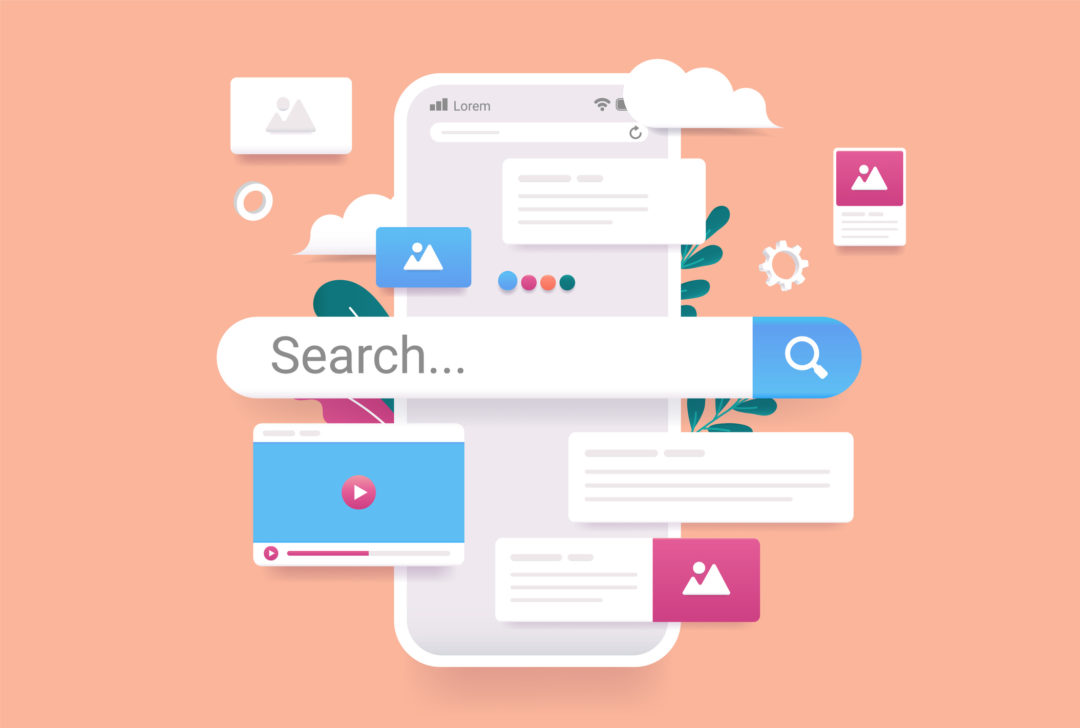
WholeFoods Magazine
Google’s Helpful Content Update: What You Need to Know
Use my helpful content checklist to verify your content quality.

Google rolled out its Helpful Content System update in mid-September.
This update means you need to do 2 things:
- Review your search data for changes since September 19.
- Review all of your content to make sure it is helpful, high-quality, and experience-based.
This applies to every website – regardless of changes in your search volume and traffic.
What is the Helpful Content System Update?
Here is how Google explains the helpful content system update:
In other words – create content for people – not content for search engine rankings.
E-E-A-T Refresher
In December 2022, Google updated their quality rater guidelines to prioritize experience. Google’s human quality raters are evaluating your content based on how it communicates: Experience, Expertise, Authoritativeness, and Trustworthiness.

Do you have first-hand experience about the topic you’re writing about? Are you a trusted expert on the topic? Have you used the product or service you’re writing about? Do you have real-life customers? Have you conducted independent research on the topic?
Your Helpful Content Checklist
Your search volume, traffic, clicks, conversions, and sales all depend on consistently publishing helpful, high-quality, experience-based content.
Use this helpful content checklist to verify if your content is hurting or helping your search traffic:
1) Review your search data for changes since September 19.
Use Google Analytics, BrightEdge, SEMrush, or your search traffic tool of choice to review your search data. Pay attention to your organic and branded search traffic, page visits, and your search engine results ranking.
2) Audit your content to ensure it meets Google’s expectations for helpful content.
Google has explicit instructions on how to assess and review the helpfulness of your content. Make sure you’re creating people-first content. Google describes this as: People-first content means content that’s created primarily for people, and not to manipulate search engine rankings.
Can you answer Yes to these questions?

Do not create content for search engines. Your content needs to be focused on helping your readers. If you can answer yes to any of the questions in the section titled Avoid creating search engine-first content, you need to change your approach to creating content.
Think beyond keywords. Helpful, high-quality, experience-based content answers reader questions, provides them with new information they can’t find elsewhere, gives insights that only you can provide, focuses on search intent, and incorporates keywords.
Do not start writing content based on keywords – start with search intent. What problems or questions do your readers have? Do I have the experience and expertise to answer these? If yes – then write the content. When you write like this, you naturally use the keywords that fit the search intent.
3) Assess your content for E-E-A-T. This is especially important for YMYL websites. Any websites in the health, nutrition, supplement, fitness, food, or medical domains are YMYL sites.
Every single page must clearly prove experience, expertise, authoritativeness, and trust.
The importance of experience is amplified in the latest helpful content update. And for Google, experience and trust are linked. Do what Google says – read the guidelines.

Make sure your content is based on experience – without experience, you cannot build trust.
4) Focus on Who, How, and Why.
Who is creating the content? Who are you creating the content for?
How is the content created? If you’re using AI tools to help create the content, make sure you’re very clear about this. People trust other humans – so be very careful about using AI tools to write your content. And remember, people don’t like being tricked or lied to – so if you use AI tools to create content, you need to be upfront and honest about this.
How did you come to the conclusions, ideas, thoughts in the content? Did you conduct independent research, do you have medical training or experience in the subject matter, are you a recognized leader in this topic – be clear about your expertise and experience.
Why are you creating this content? The answer to this should be to help people. Here's what Google says about the Why of your content:

5) Update all content that does not conform to Google’s content guidelines.
If you have thin pages that don’t provide any value – update them.
If you have blogs without an author and bio – add this.
If you have pages that are confusing and don’t really say anything – edit them.
If you make scientific, health, or medical claims that aren’t backed by science – update this content and add in endnotes linking to the science.
If you used AI tools to write your content – include a statement that clearly communicates this.
If you created content for search engines – update it to be helpful, high-quality, experience-based content.
You cannot ignore the helpful content update. You must provide helpful, high-quality, experience-based content on every single page of your website.









